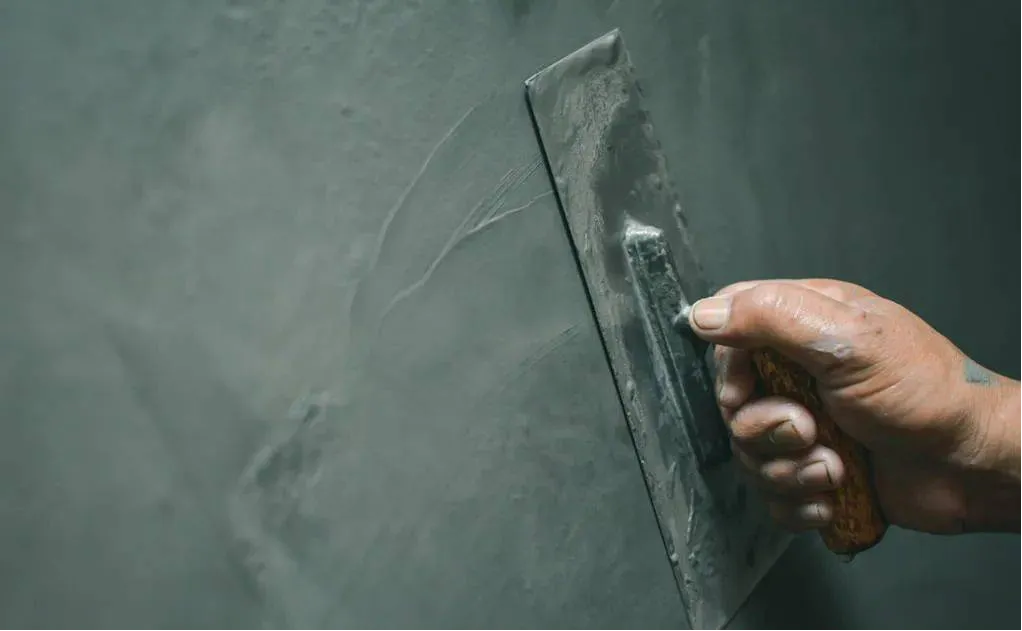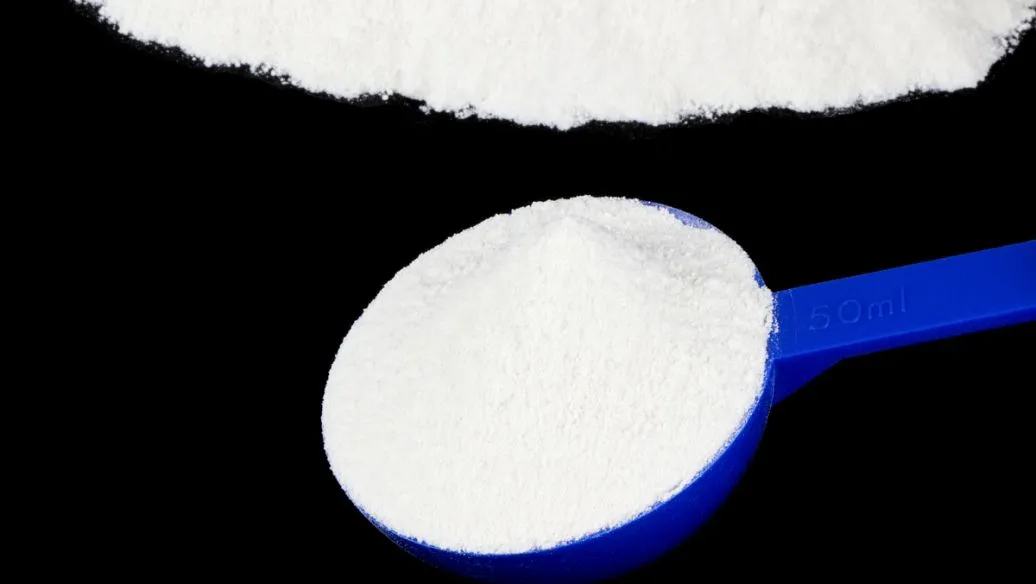
Redispersible Polymer Powder: Types, Market Insights, and Manufacturing Process
Redispersible polymer powder is a vital additive in modern dry-mix mortar formulations, used extensively in tile adhesives, external thermal insulation systems (ETICS), wall putty, and self-leveling flooring compounds.

Exploring the Main Redispersible Polymer Powder Types and Applications
It improves properties like flexibility, water retention, adhesion, and durability of construction materials.
There are several key redispersible polymer powder types, categorized mainly by their base chemical composition. Among them, VAE redispersible powder (vinyl acetate-ethylene) is the most common due to its balanced performance in adhesion and flexibility. Other types include:
Acrylic-based redispersible powders – known for weather and UV resistance
Styrene-butadiene powders – often used for their strong binding and waterproof properties
Vinyl chloride-based powders – used in specialized applications requiring high abrasion resistance
The broader term redispersible latex powder often refers to these same materials, particularly in non-technical contexts or international markets. Regardless of naming, their function remains consistent: to enhance the performance of dry-mix formulations in construction.

Insights Into the Redispersible Polymer Powder Market and Supply Chain
The global redispersible polymer powder market has seen significant growth in recent years, driven by increasing demand for cost-effective, energy-efficient building solutions. Rapid urbanization, infrastructure development in emerging economies, and the growing adoption of green building practices have fueled this expansion.
In 2024, the redispersible polymer powder market share was dominated by the Asia-Pacific region, particularly China and India, where domestic demand and export activities are both strong. Europe and North America also hold a substantial portion, especially in high-performance construction materials. The market is expected to maintain steady growth in the coming years.
Numerous redispersible polymer powder manufacturers are expanding production capacity and investing in R&D to meet global demand. Prominent global players include:
Wacker Chemie AG (Germany)
Dairen Chemical Corporation (Taiwan)
AkzoNobel (Netherlands)
VINAVIL (Italy)
Shandong Xinyang and Hebei Nuoyuan (China)
Customers seeking bulk orders often evaluate manufacturers based on consistency, price, formulation support, and delivery timelines.
If you're involved in international trade, knowing the redispersible polymer powder HS code is important. Most RDPs fall under HS Code 390529 (for vinyl acetate copolymers), although the exact code may vary depending on local customs classifications.
Overview of the Redispersible Polymer Powder Manufacturing Process
ਦ redispersible polymer powder manufacturing process begins with the production of a water-based polymer dispersion, typically vinyl acetate-ethylene (VAE) or other copolymers. This dispersion is then mixed with protective colloids (like polyvinyl alcohol), anti-caking agents, and other additives.
Next, the mixture undergoes spray drying, transforming the liquid dispersion into a fine, free-flowing powder. This powder can then be redispersed in water during mortar mixing, reforming the original polymer emulsion. The result is improved cohesion, elasticity, and water resistance in the final building material.
Manufacturers closely monitor variables such as drying temperature, particle size, and moisture content to ensure consistent product quality. Tailored RDP grades may also be developed for high flexibility, quick drying, or freeze-thaw resistance, depending on application needs.
FAQs About Redispersible Polymer Powder
1. What are the different redispersible polymer powder types and how are they used?
The main redispersible polymer powder types include VAE, acrylic, styrene-butadiene, and vinyl chloride-based powders. Each type offers specific benefits. For example, VAE redispersible powder is versatile for general construction, while acrylic types are ideal for exterior applications needing UV resistance.
2. What is the redispersible polymer powder HS code for international trade?
The typical redispersible polymer powder HS code is 390529, which falls under vinyl acetate copolymers. However, importers should confirm the classification with local customs authorities as slight variations may exist by country.
3. What factors affect redispersible polymer powder market trends?
Key factors influencing the redispersible polymer powder market include urbanization, government infrastructure projects, green building regulations, and raw material availability. The global redispersible polymer powder market share is expected to grow steadily due to rising construction demand in Asia-Pacific and the Middle East.
4. Who are the top redispersible polymer powder manufacturers?
Top redispersible polymer powder manufacturers include Wacker, AkzoNobel, Dairen, and leading Chinese brands such as Xinyang and Nuoyuan. Buyers should consider technical support, pricing, supply consistency, and certifications when selecting a manufacturer.
5. How is redispersible latex powder produced?
ਦ redispersible polymer powder manufacturing process involves converting polymer emulsions into powders through spray drying. The resulting redispersible latex powder can be rehydrated in water, providing enhanced bonding and flexibility when mixed with cement-based mortars.
-
Understanding Wholesale Gypsum Set Retarder XYSJN1 and the Role of Natural and Chemical Antifoaming AgentsNewsAug.19,2025
-
Understanding Gypsum Retarders and Accelerators: Additives for Precision in PlasteringNewsAug.19,2025
-
The Versatility of Hydroxypropyl Starch Phosphate: From Food to Skincare and HaircareNewsAug.19,2025
-
Understanding Anti-Foaming Solutions: Applications, Examples, and Industry UseNewsAug.19,2025
-
Gypsum Applications in Construction: How to Adjust Setting Time with AdditivesNewsAug.19,2025
-
Polyvinyl Alcohol (PVA): Types, Uses, Safety, and HandlingNewsAug.19,2025





















